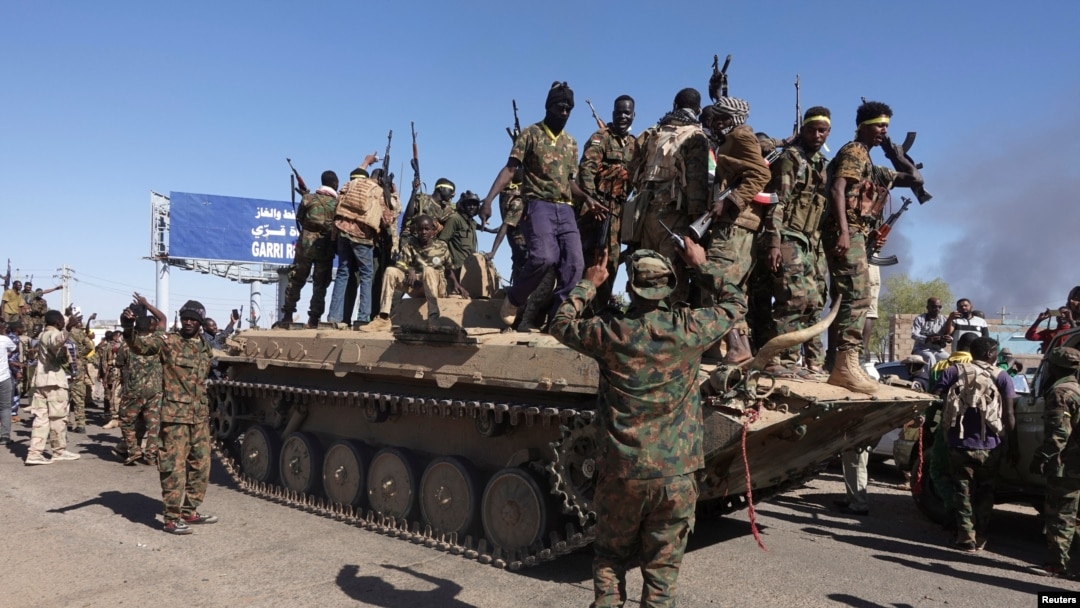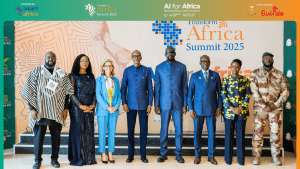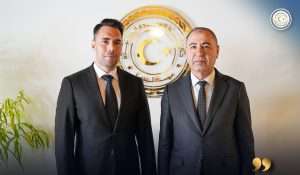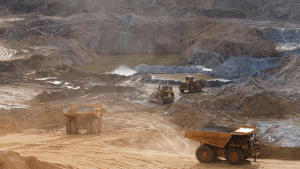UN envoy: Syria’s governance shift prompts separatist speculation
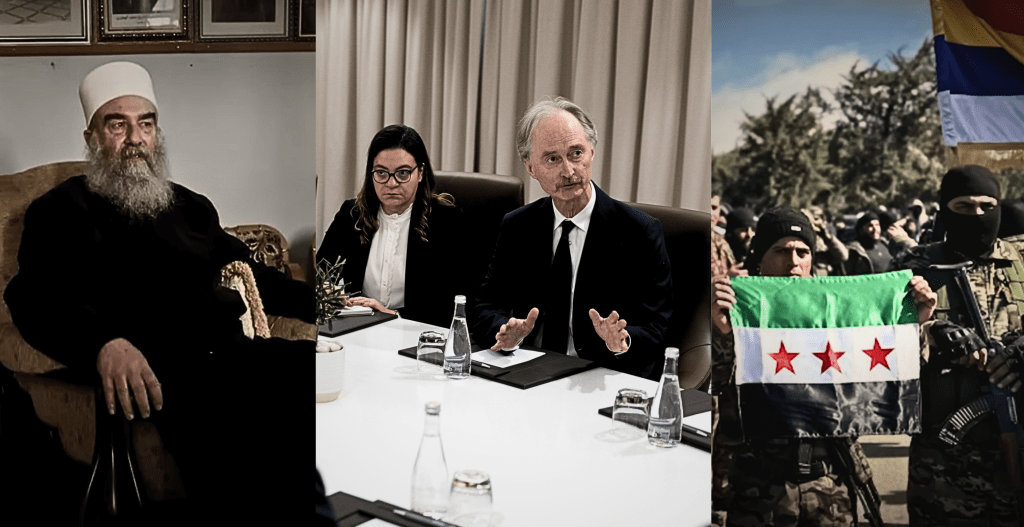
The UN’s special envoy for Syria warned that the formation of a committee to oversee Sweida province’s governance has fuelled allegations of “separatist intentions” against the area’s Druze community, following violence in July, according to The National on August 21st.
Geir Pederson told the UN Security Council that growing calls for Sweida’s regionalism, along with calls for backing the move from external actors, are fuelling rising tensions in the southern province and threaten Syria’s fragile political transition.
Regional unrest started in Sweida on July 13th, with violence between local Druze fighters and Sunni Bedouins. This development drew in government security forces, other armed groups and later Israeli military intervention. The clashes proved to be an early challenge for Syria’s interim government, which assumed power after former leader, Bashar al-Assad was toppled back in December.
The Syrian Observatory for Human Rights said the death toll from the clashes had amounted to about 1600, many of them Druze civilians. Meanwhile, the UN estimated that over 176,000 people have been displaced as a result of the violence.
Even after a relative calm following a US-brokered ceasefire, there continues to be mistrust between factions, leading to consequences such as the obstruction of humanitarian aid into the province. These events have prompted protests, demanding greater provincial autonomy and self-determination.
Pedersen stressed that the political climate still remains volatile. He warned that “escalatory and zero-sum rhetoric is hardening among key actors,” noting that recently emerged footage of the killing of an unarmed medic by pro-government gunmen in a Sweida National Hospital has further heightened tensions.
The Syrian interior ministry condemned the killing and said it appointed an official to directly oversee the progress of the investigation to ensure that those guilty are found.
The envoy also highlighted that the recent violence shows how President Ahmad Al-Sharaa is stuck in a difficult position trying to consolidate his government’s central authority and rebuild war-torn institutions despite continuing efforts to normalise relations with the US and security cooperation with Israel. He advised that the interim government and its security forces need to prove that they are acting solely to protect all Syrians and do not pose a threat.
Pederson also urged all sides to avoid any moves that could continue to divide communities and destabilise the region further, and encouraged other areas of Syria to actively support a unified political transition.
“All communities must show that they want to be part of a united Syria and are willing to engage in action and not just in word in a peaceful transition that restores Syrian sovereignty, unity, independence and territorial integrity,” he stated.
The National, Maghrebi.org
Want to chase the pulse of North Africa?
Subscribe to receive our FREE weekly PDF magazine





